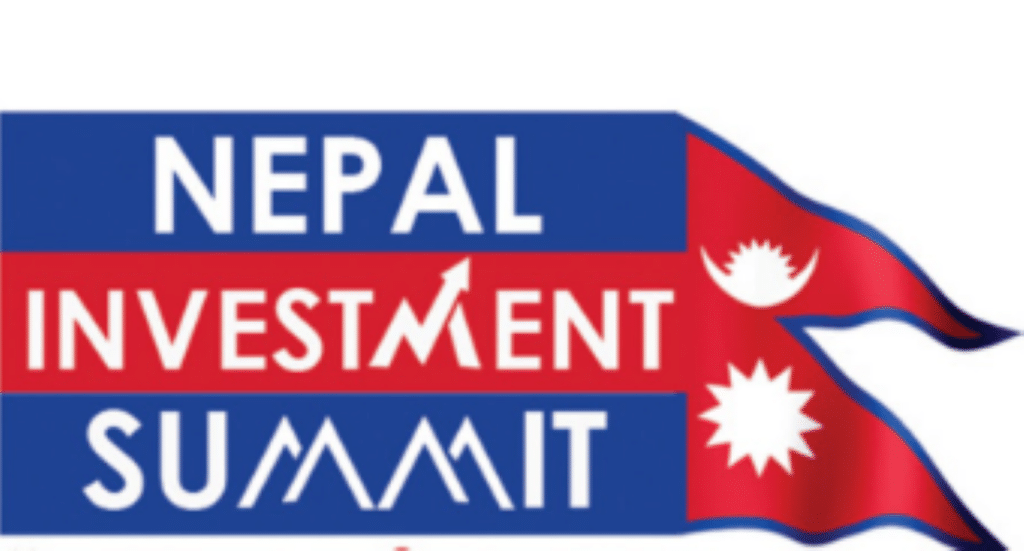Nepal Prepares for Nepal Investment Summit 2024 to Boost Economy
The Government of Nepal is gearing up for the highly anticipated Nepal Investment Summit 2024, set to kick off on April 28 in Kathmandu. This two-day event, themed ‘Emerging Nepal,’ aims to showcase 125 national-level projects across various sectors to attract investment and foster economic development in the country. Prime Minister Pushpa Kamal Dahal, in […]



